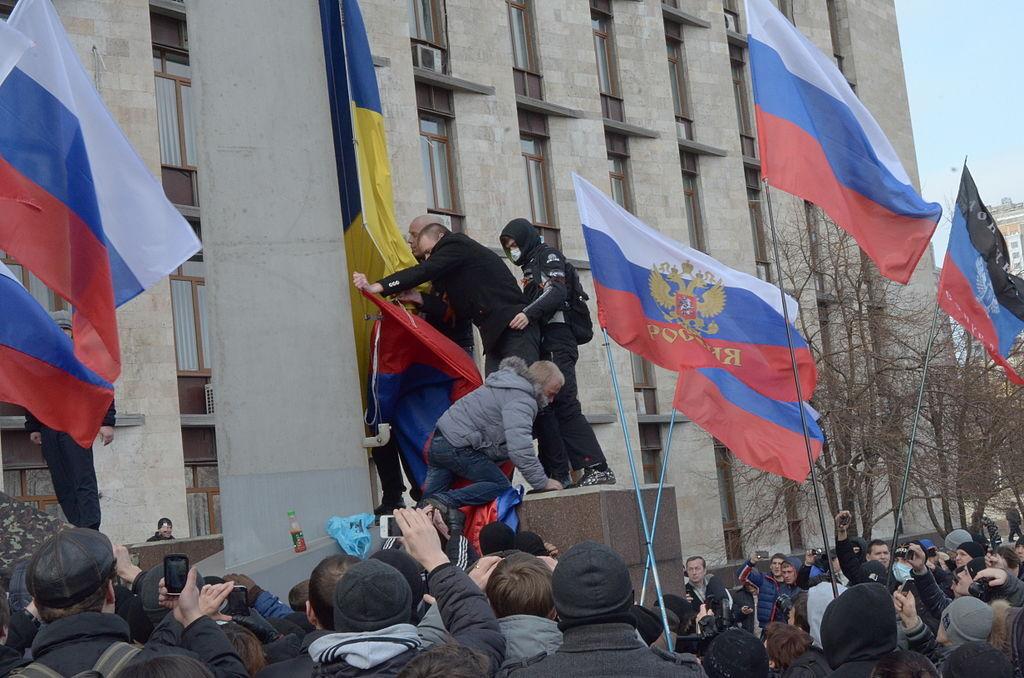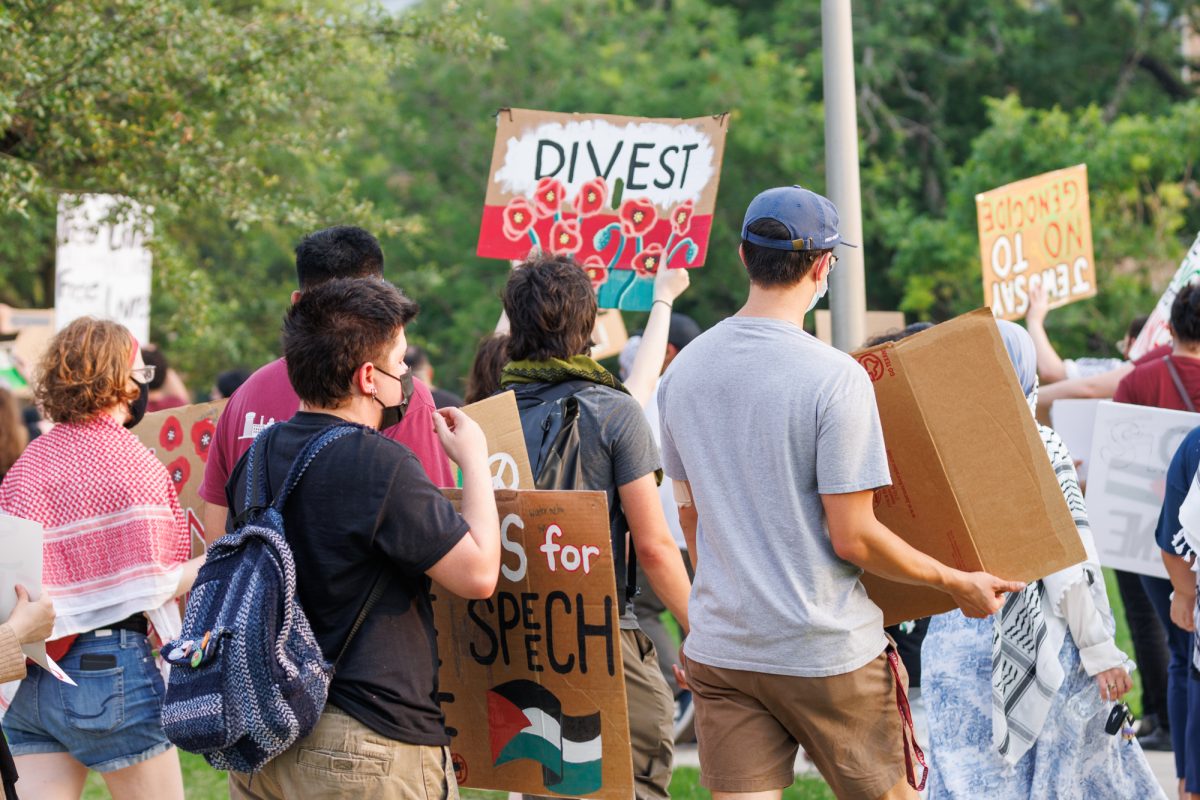After the dissolution of the Soviet Union 30 years ago, the ghost of the Cold War still haunts Eastern Europe as NATO and Russia continue to quarrel over Western influence in the region.
On Thursday, Jan. 27, Russian officials responded to the joint U.S.-NATO proposal stating the Kremlin has “little optimism,” but is currently attending talks in Paris. Russian troops have continued to arrive at Ukraine’s border since the end of 2021, now totaling well over 100,000. This unprecedented buildup has been seen by NATO, and many other Western nations, as a direct threat to Ukraine’s national security. In recent weeks, the Kremlin has continued to deny any accusation of planned hostilities, but has been demanding that Ukraine not be allowed to join NATO, a request which NATO has soundly rejected.
To understand the current situation between Russia and Ukraine, it is important to know the history behind it, assistant professor of history Stephen Riegg said.
“The Russians and the Ukrainians have their own languages, they have their own histories, they have their own national traditions,” Riegg said, “But at the same time, they share tremendous similarities in all of those aspects of culture and day-to-day life.”
The origin of NATO, and its place in modern politics, also plays a key role, Riegg said.
“The history, of course, started out in a pretty clear cut manner as a history of antagonism between the North Atlantic Treaty Organization led by the United States … and the Warsaw Pact of the states led by the Soviet Union,” Riegg said.
Even with the fall of the Soviet Union, NATO has continued to expand, Riegg said.
“That has really changed the dynamic in terms of Russian fears of NATO encirclement,” Riegg said. “Russia views NATO as explicitly encroaching onto what the Kremlin loves to portray as its sphere of influence.”
Riegg also said the Kremlin is not just going to back down easily.
“It is very unlikely that the Kremlin would simply say never mind … it [would] be complete political suicide, even by the Russian political standards of [Vladimir] Putin,” Riegg said.
International studies professor Brett Cooke said even if Russia does invade, or tries to expand its influence over Ukraine, it will have a hard time maintaining the country.
“How long would a puppet government last? What would follow after that would obviously be more anti-Russian,” Cooke said.
In the end, no one really knows what Putin has planned, Cooke said.
“Right now, the popular notion is only Putin’s hairdresser knows for sure,” Cooke said.
A Russian study abroad trip scheduled for Texas A&M students for May 24 through Aug. 2 has also been canceled, in part due to the ongoing hostility, Cooke said.
“It’s a very difficult time to organize any organized travel, and Russia is a very difficult place to visit,” Cooke said.
Laura Jordan, an international studies junior, was disappointed by the cancellation of the trip.
“I’ve kind of had this fascination with Russia growing up, and I was like, ‘Wow, I want to study that.’ The more I studied it the more interesting it got, and what better way to immerse yourself in that than going abroad?” Jordan said.
Before the cancellation, Jordan said she was worried about the danger of being so close to violence.
“Safety is definitely what I was worried about, and I know my parents were definitely worried about that,” Jordan said.
Interested in a career in diplomacy, Jordan said she is worried about the possibility of conflict in Ukraine, especially as she can only sit back and wait.
“It’s unfortunate for the people that are going to have to go through that if the violence commences,” Jordan said. “It’s an unfortunate situation.”










